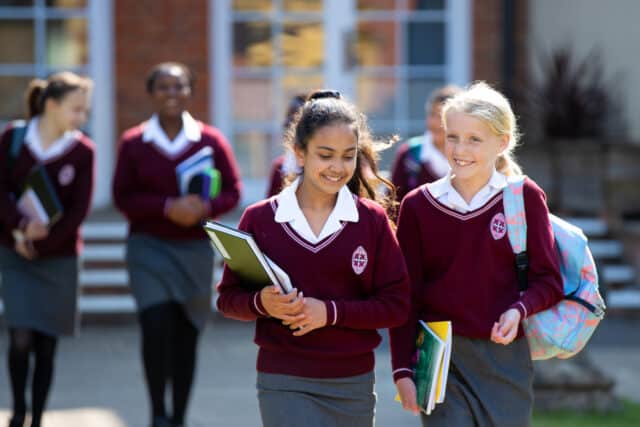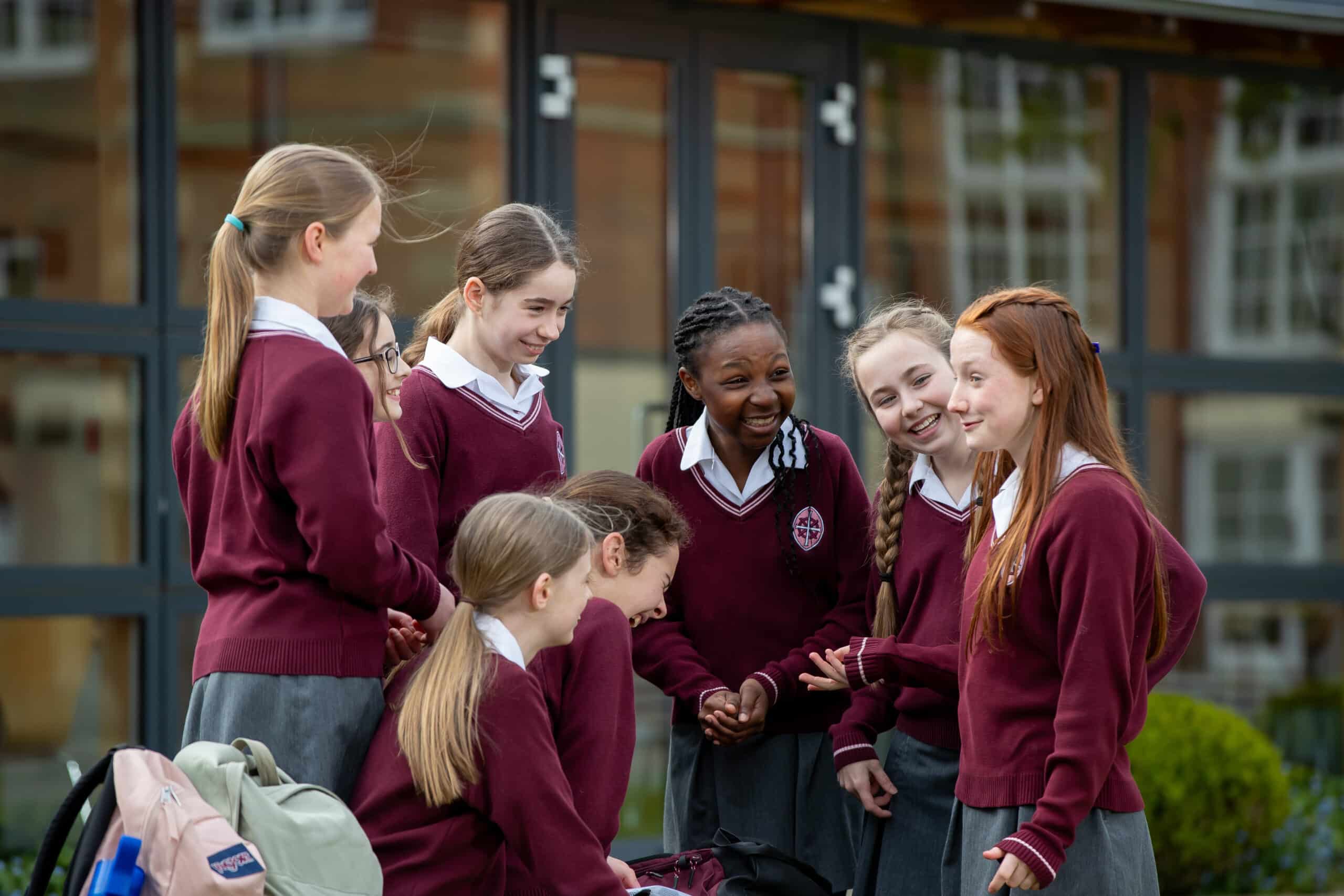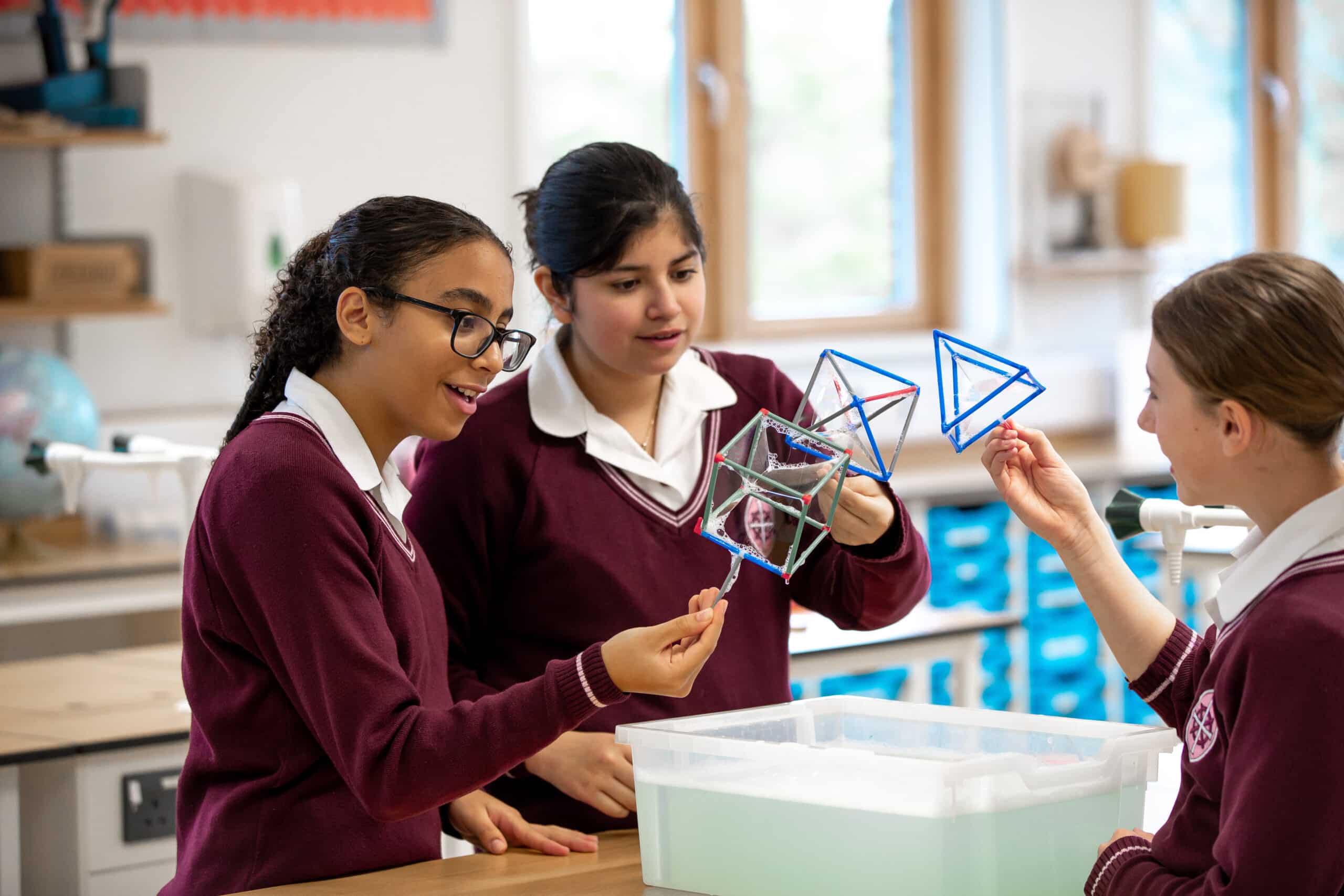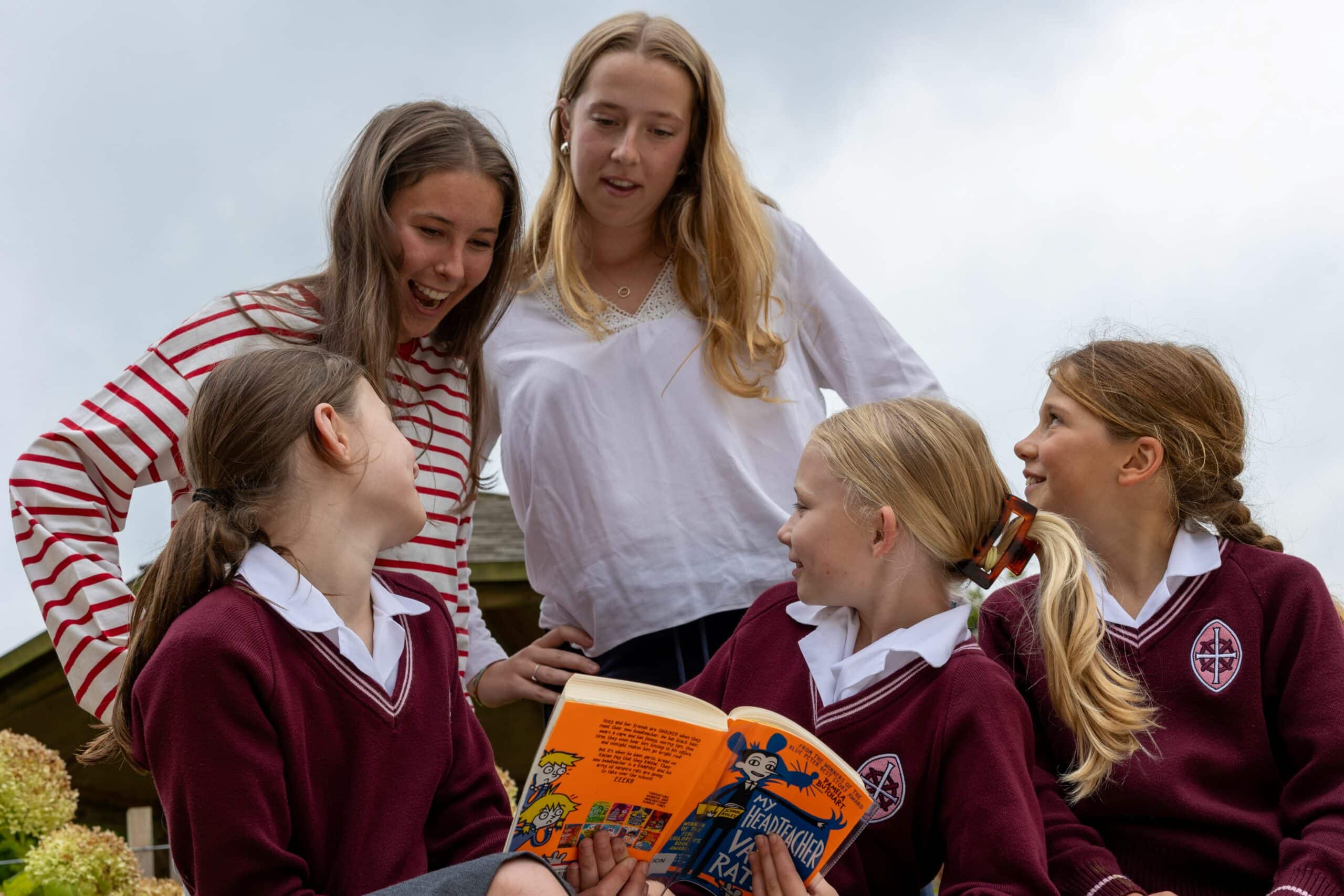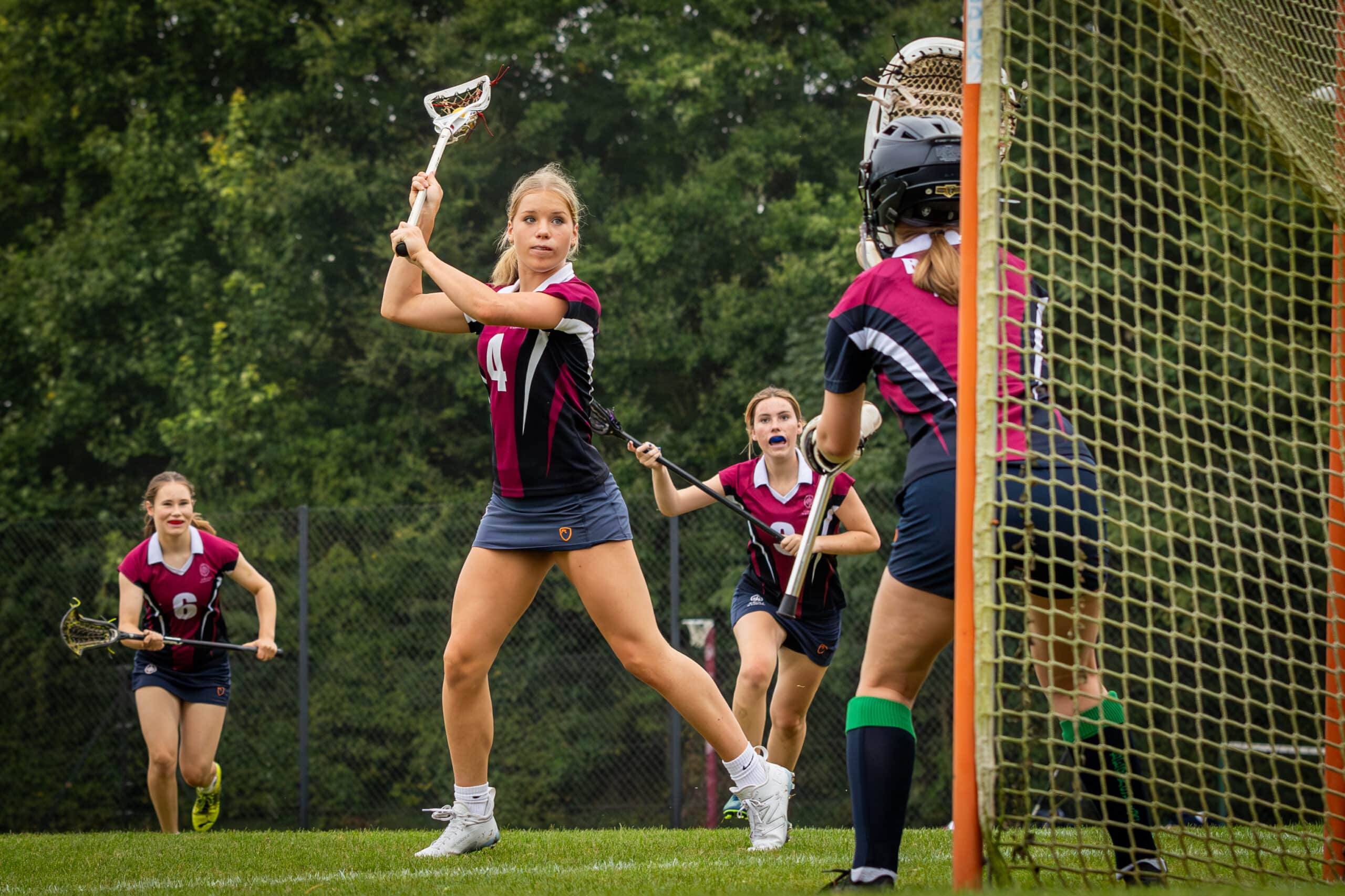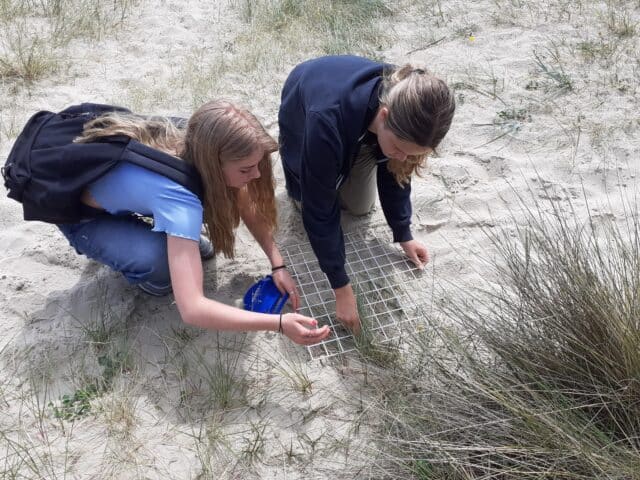In A level English Literature, you will develop skills of effective communication that will stay with you for life. The empathy gained from literary study is well-documented and is at the heart of our classroom discussions. You will learn how to construct persuasive and sustained written arguments, embracing critical perspectives, historical performances, and the everchanging social and literary contexts in which texts are written and in which we continue to read them.
Revisit The Handmaid’s Tale in the era of fast-moving changes in global women’s rights. Explore racial and cultural identity in Homegoing, Americanah, Normal people and other modern novels. Compare how different performances of Othello expose changing views on prejudices and power struggles over time. And discover what Chaucer still has to teach us about inequalities in our own society over 600 years since he founded the concept of vernacular English literature.
The A level process asks you to narrow your focus to just a few subjects, but by choosing English you can instead broaden your scope to everything that literature embraces: psychology, philosophy, history, linguistics, anthropology, politics and more. To choose to study English Literature at A Level is to choose to study the whole world that we all live in.
Topics studied
Component 1: Drama and poetry pre-1900, 2 hours and 30 minutes exam, 40% of A level
- One Shakespeare play, such as Othello: close analysis of extracts, and evaluation of interpretations through study of a range of historical and modern performances, critical lenses, and academic commentaries.
- Comparison of one drama and one poetry text, such as Ibsen’s A Doll’s House (1879) and Chaucer’s The Merchant’s Tale, evaluating them in the context of the time they were written and their enduring impact on twenty-first century audiences.
Component 2: Comparative and contextual study, 2 hours and 30 minutes exam, 40% of A Level
- Synoptic study of the dystopian genre through The Handmaid’s Tale, 1984, and The Children of Men.
Component 3: Literature post-1900, non-exam assessment, 20% of A level
- Close reading, or re-creative writing piece with commentary (7.5% of A level): Modern poetry, such as Carol Ann Duffy, Robert Frost, Philip Larkin, or Ted Hughes
- Comparative essay (12.5% of A level): Modern drama and modern prose with a thematic focus, such as: identity, myths retold, the immigrant experience, with scope for students to choose their own prose text to accompany a class drama text
54.5%
A*–A in A level English Literature in 2024
95.5%
A*–B in A level English Literature in 2024
Academic enrichment
The primary source of extra English exploration in Sixth Form is the Senior Literary Society; we aim to cover the full range of literature, from Old English to graphic novels, romanticism to post-modernism. We run lunchtime meetings for students looking to pursue English at university, including Oxbridge and ELAT preparation. We encourage students to explore their own interests, and also look to take all our A level students to the theatre once a year. Lower Sixth students are invited to join us on our annual residential Literary Retreat to London where we take in two shows (ideally one at the Globe and one more contemporary performance at a theatre such as the National or the Bridge), develop our creative writing in response to the Treasures section of the British Library, and enjoy a literary walking tour around Bloomsbury with actors performing poetry and scenes from writers’ lives.
Our much-coveted Creative Writing Cup has been a focal point for our young writers, with the winner being invited to be the next year’s St Helen’s Laureate, charged with producing poetry or prose to mark significant school, national and global events.

